Zeeee
Member
Hello fellow carbonites,
I need some help please.
is there anyone here experienced enough to help me as to what liquid to add to a system that has aluminum radiators and a copper cpu block ?
So will distilled water and some antifreeze mixed in suffice or can you recommend a mix i can purchase ?
any help would be much appreciated.
Regards
Zee
FYI
--------
I need some help please.
is there anyone here experienced enough to help me as to what liquid to add to a system that has aluminum radiators and a copper cpu block ?
So will distilled water and some antifreeze mixed in suffice or can you recommend a mix i can purchase ?
any help would be much appreciated.
Regards
Zee
FYI
--------
- For your and my protection please read our guide to safe dealing: Guide for safe dealing on Carbonite! | Guides, Stickies and Useful Stuff
- A deal is concluded for purposes of feedback when parties agree to a deal






